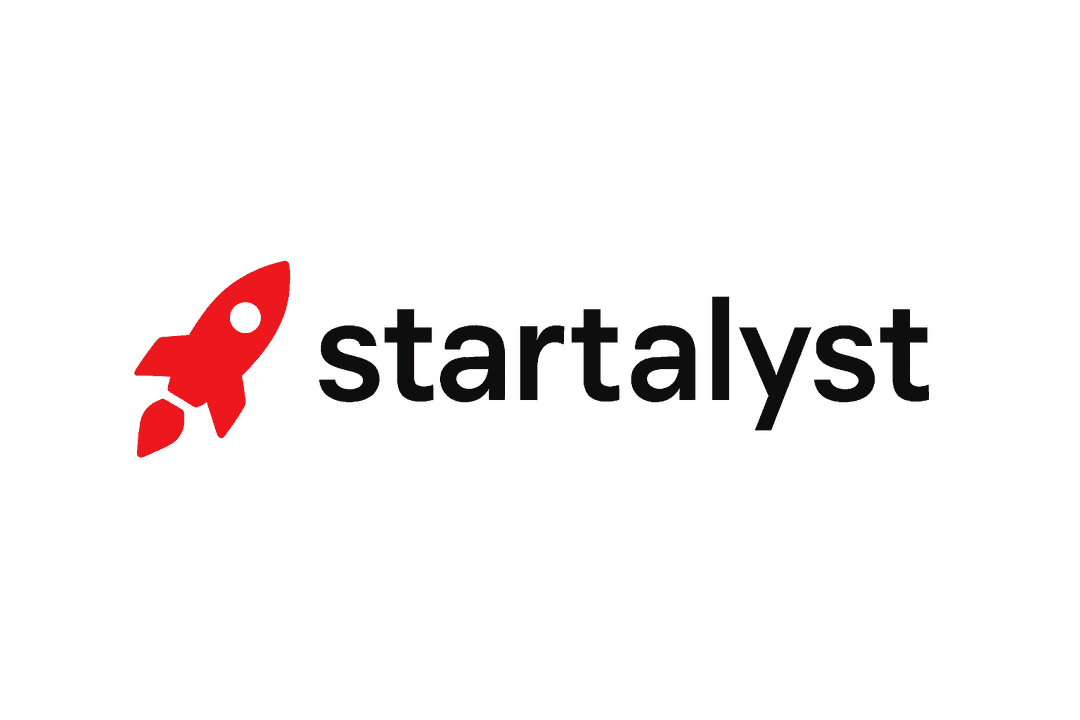Healthcare Business Ideas Starter Guide
How to Get the Best Results
Start by matching what you already know with a small, specific problem in patient care or practice operations. Narrowing to one setting — for example home care, outpatient rehab, or medication management — makes ideas easier to test and sell.
Run quick experiments that cost little and give clear feedback: a pilot referral relationship, a short paid workshop for clinicians, or a simple landing page collecting interested patient emails. Iterate from real conversations, not assumptions.
Step 1 — Who are you?
Pick the background that most closely matches your experience and read the suggested skill in bold. Each line explains the immediate advantage you can use when launching healthcare business ideas.
- Registered nurse — clinical assessment — You can build a home-visit or remote triage service that keeps high-risk patients out of the emergency room.
- Primary care physician — care coordination — You can design subscription chronic care programs that reduce no-shows and improve outcomes.
- Physical therapist — rehabilitation programming — You can package short-course virtual therapy programs for post-operative patients.
- Pharmacist — medication optimization — You can offer medication review clinics that avoid adverse events and save payers money.
- Healthcare administrator — operations design — You can streamline clinic workflows or launch a billing consultancy that increases collection rates.
- Health coach or nutritionist — behavioral change — You can run targeted wellness cohorts for patients with diabetes or heart disease.
- Medical coder or biller — revenue cycle expertise — You can create a remote audit service that recovers lost reimbursements for practices.
- Caregiver or patient advocate — family navigation — You can provide packages for families that need discharge planning and community resource linkage.
Step 2 — Add interests & skills
List practical interests and skills that you enjoy using. Each bolded item connects to a concrete line of healthcare business ideas you can start testing this month.
- telemedicine You can set up a niche virtual clinic for follow up on specific conditions like hypertension or COPD.
- chronic disease management You can create subscription programs with remote monitoring and coaching for diabetes care.
- patient education You can produce short paid video series that teach postoperative care to reduce complications.
- data analytics You can sell simple dashboards that identify frequent no-show patients and optimize scheduling.
- medical writing You can write compliance-friendly content and patient-facing guides for small practices.
- community outreach You can run on-site screening events that funnel patients into revenue-generating services.
- home health You can launch a concierge home-check service focused on medication adherence and fall prevention.
- workflow automation You can implement simple automations that cut intake time and improve staff satisfaction.
- behavioral health You can offer brief digital CBT programs tied to primary care referrals.
- compliance and quality You can audit small clinics and sell compliance packages that lower audit risk.
- mobile app development You can prototype a condition-specific tracker that clinicians recommend to patients.
- elder care You can coordinate bundled services for families navigating long-term care options.
- nutrition counseling You can build targeted meal-planning subscriptions for patients with renal disease.
- practice marketing You can run localized campaigns that attract referral partners and new patients.
- clinical training You can produce short workshops that teach busy clinicians a high-impact skill, billed per clinic.
Step 3 — Set available capital
Decide how much you can invest up front. The right amount shapes whether you start with a lean test, a paid pilot, or a full product launch within the healthcare market.
- ≤$200 You can validate demand with low-cost tactics like targeted ads, a simple booking page, or small paid pilots with one clinic.
- $200–$1000 You can build a basic telehealth stack, create initial marketing materials, and run a multi-site pilot to gather clinical outcomes.
- $1000+ You can develop a branded program, pay for professional content and legal review, and buy initial integrations or staff time for a scalable launch.
Step 4 — Choose weekly hours
Pick a time commitment you can sustain. Each label explains realistic project types for that weekly bandwidth.
- 5 hours or less You can run consulting sessions, write paid guides, or test referral partnerships while keeping a primary job.
- 6–15 hours You can onboard a pilot clinic, manage a small virtual program, or produce and promote a patient education series.
- 16+ hours You can hire a contractor, build a minimal viable product, and pursue contracts with multiple practices.
Interpreting your results
- Combine your background, interests, capital, and available hours to pick one focused idea to test for 30 days. The fastest learning comes from real customers: clinicians, payers, or patients.
- Prioritize ideas that solve measurable pain points like reducing readmissions, improving medication adherence, or shortening intake times. Those produce clearer value propositions and easier pricing conversations.
- Start with a small pilot and a single metric to move: referrals per week, appointment conversion rate, or patient engagement days. Track that metric tightly and iterate based on feedback.
- Consider compliance and documentation early. Even simple offerings in healthcare need clear consents, privacy considerations, and basic clinical escalation paths.
Use the generator above to combine the items you selected and produce practical, testable healthcare business ideas you can start this month.
